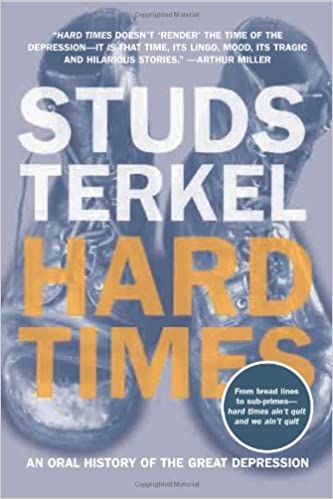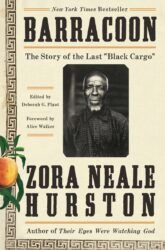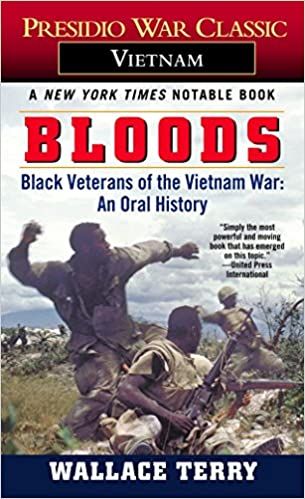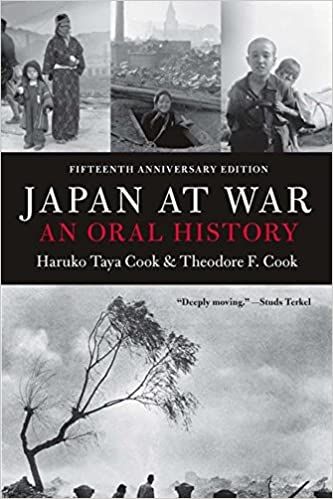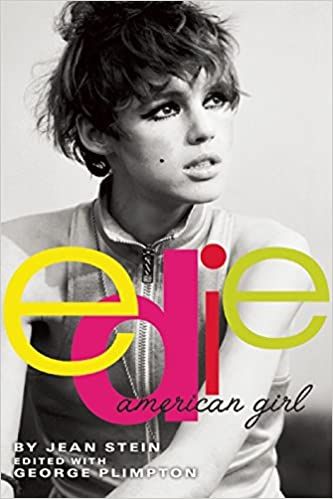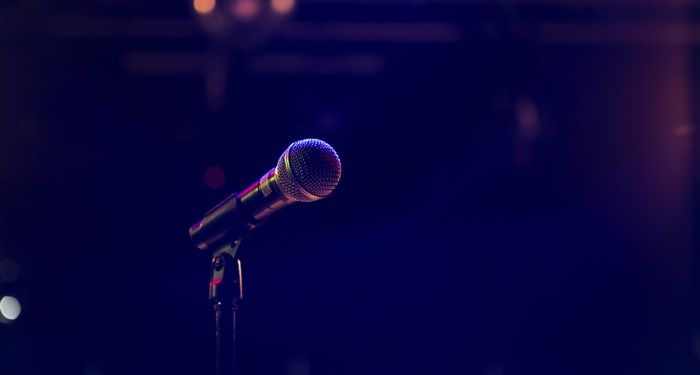
Bearing Witness: 8 of the Best Oral Histories for Your Shelf
Oral history books are fascinating to me. Removed from the rigour of academic facts-reporting, the emotion, memory and perspectives of real people combine. If you ask ten people about the same event, they’ll all tell you something different, and I bet most of it will be accurate.
We all remember things slightly differently. Oral histories give us as a civilisation a chance to look beyond the agreed facts and consider broader viewpoints and perspectives. We’re used to the heroics of the extraordinary adventurers, but the ordinary voice can be just as extraordinary, just as pivotal, when given space to speak. Never an easy read, oral histories are a challenge, but I always seem to learn more from them than I ever thought I could.
Oral history occupies a strange niche in literature. Authors of oral histories are often presenting stories they have collected directly from others, and sometimes don’t include their own voice at all. Many oral historians work to provide a pedestal for voices that wouldn’t otherwise be heard at all. These collections are rarely about the name on the front cover.
Oral histories are extremely niche, research and time intensive; many of them are published by academic presses and there is no glory in the undertaking. I wonder whether the deep research requirements and lack of immediate commercial potential puts publishers off oral histories — and if collectors aren’t well financed to spend the right amount of time producing the work, how many ‘ordinary’ voices are we losing?
We can assume that, as in all other walks of publishing, oral historians who are women, LGBTQ+ or people of colour may suffer from an additional lack of investment and access. Now that oral histories have won the Nobel, I’m hopeful that future publishers will take big leaps of faith to publish more of them.
Hard Times: An Oral History of the Great Depression by Studs Terkel
Hard Times is a first person account of the Great Depression by people from a broad range of socio-economic statuses. This in itself makes it an amazing read, a proper window into a wide variety of lives, many of which would never be seen as extraordinary enough to be considered at all. Terkel has been long-lauded for his contribution to oral history in the United States and won a Pulitzer for the (obviously also brilliant) The Good War.
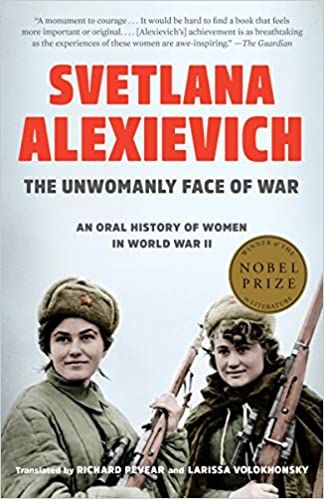
The Unwomanly Face of War by Svetlana Alexievich
Even if you’ve never heard her name, you know Alexievich’s work — Chernobyl Prayer was one of the key texts consulted in the production of HBO’s Chernobyl. She was awarded the Nobel for Literature in 2015 “for her polyphonic writings, a monument to suffering and courage in our time.” Utilising solely the voices of those she interviews with little of her own comment or perspective, Alexievich has truly brought unheard voices to the fore. The Unwomanly Face of War tells the stories of the Soviet women who lived though World War II — on the front lines, at home and in occupation. These are nurses and captains, snipers and soldiers we have never heard before — and oh boy, it’s a perspective flipper.
Barracoon: The Story of the Last “Black Cargo” by Zora Neale Hurston
In 1927, Hurston spent three months interviewing Cudjoe Lewis (born Oluale Kossola), the last presumed living survivor of the Middle Passage. Barracoon originally struggled to find a publisher because it was written in vernacular — and perhaps because Kossola told hard truths about the deeper machinations of the slave trade in Dahomey, the local go-betweens and seafarers who actively participated in the process. Barracoon is brilliant because Hurston took herself out of the way, giving her interviewee the right to be subject and narrator both.
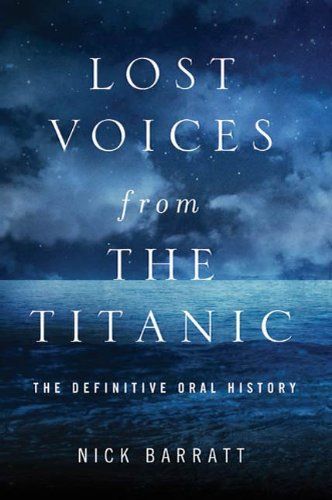
Lost Voices from the Titanic by Nick Barratt
Barratt carries the reader through the conception of the Titanic at the White Star Line, to its construction at Harland & Wolff. The reader embarks on the maiden voyage in April 1912, seeing the opulence of first class and the aspiration of steerage. We are onboard as the ship hits the ice and sinks into the freezing Atlantic. The story told by passengers and crew are a real horror, taking the reader far beyond the Hollywood-style manifestations we think we know so well.
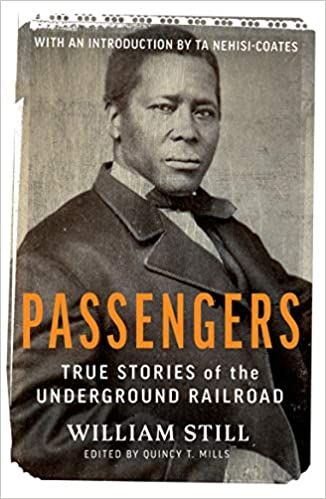
Passengers: True Stories of the Underground Railroad by William Still
This is an abridged oral history of the Underground Railroad, adapted from Still’s 1872 The Underground Railroad Records. Passengers tell of the method and organisation, the deep risks and sacrifices made to liberate as many as possible. The descriptions are tense because they’re real — and nobody was better placed to record them than Still, who helped as many as 800 enslaved people to freedom. He kept his meticulous records a secret, aiming to use them later to reunify families.
Bloods by Wallace Terry
Twenty Black men tell the story of how Black people were sent to Vietnam in disproportionate numbers, and the challenge they faced there to be patriots. While many people are familiar with the activist pushback against the war in Vietnam, deeply unpopular as the years passed, the voices of Black soldiers are a key context which isn’t usually heard. Black soldiers fought alongside the Klan for an America that viewed them as unequal at home. Almost every word is a cold slap. Some things should be required reading.
Japan at War: An Oral History by Haruko Taya Cook and Theodore F Cook
This was the first book to tell the stories of ordinary Japanese people during World War II. Starting with the Manchurian Incident in 1931, the authors provide essays about key events, backed up by oral histories, giving the reader a broad understanding. There are stories from kamikaze soldiers, front line fighters, school children and women give their account of the war, right up to Hiroshima and Nagasaki. One of the key takeaways for me was how few of those interviewed could give a meaning for their losses and sacrifice. In school, they taught us about Pearl Harbour and the Enola Gay. They did us — and the Japanese people — a huge disservice.
Edie: American Girl by Jean Stein
In the 1960s, Edie Sedgwick exploded into the public eye, capturing the attention of the masses with her effortless glamour and vivacious youth — but it wasn’t to last. Stein has gathered stories from friends, rivals, family, and lovers to chart the trajectory of a short-lived superstar. It’s a sad read, and dulls considerably the rose-tinted veneer of the ’60s.



